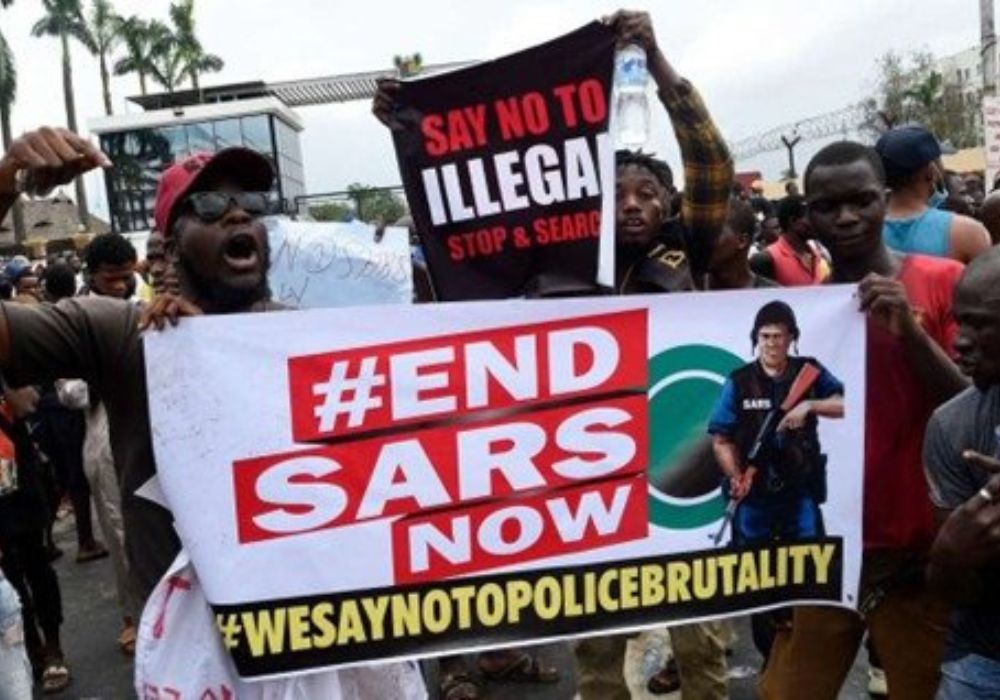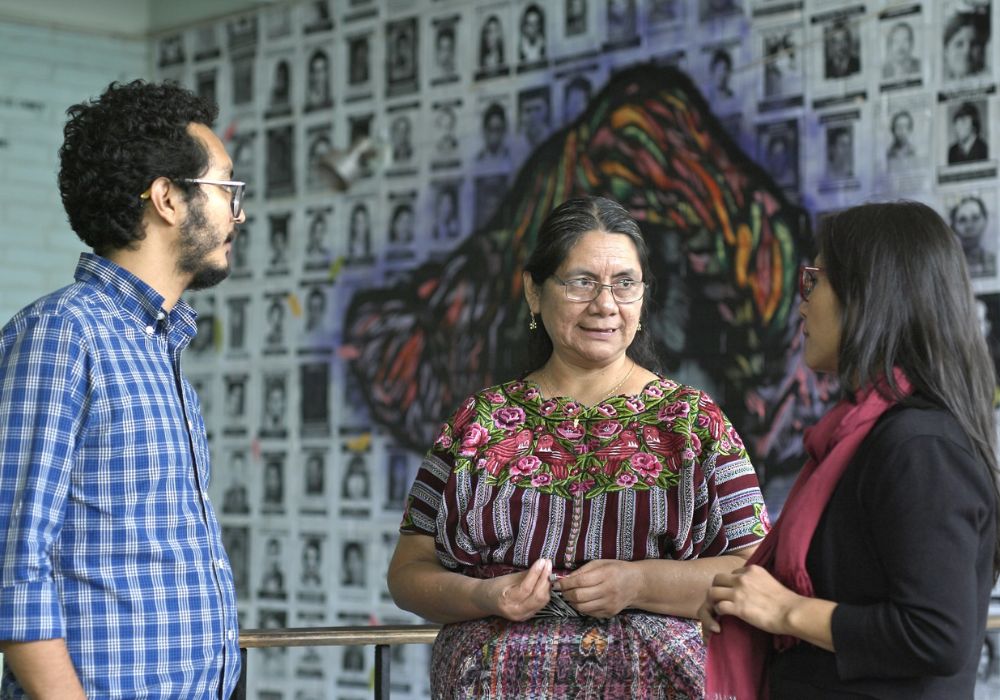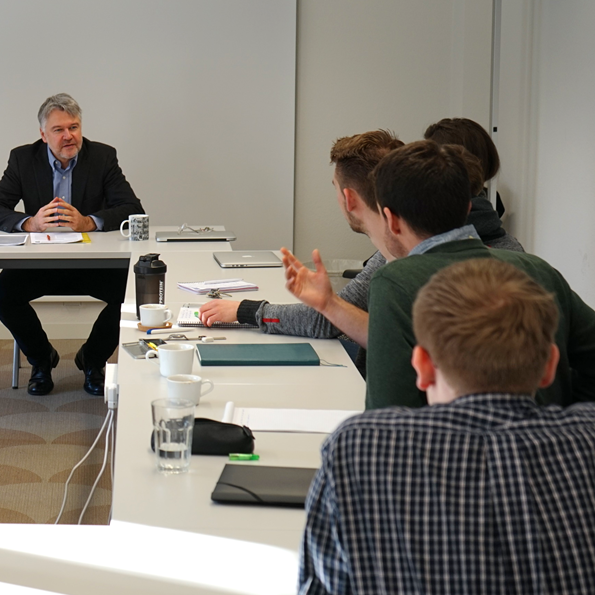Goal 16: Peace, Justice, and Strong Institutions
Promote peaceful and inclusive societies for sustainable development
Evidence shows that without peaceful and inclusive communities and effective governance, development cannot be sustainable. The re-establishment of peace and accountable institutions contributes greatly to development. Goal 16 therefore aims to promote peaceful and inclusive societies. In addition, corruption and bribery as well as illicit arms and financial flows should get significantly reduced. To ensure that societies are peaceful and inclusive, Goal 16 also aims to promote inclusive institutions and the rule of law, and guarantee equal access to justice.
Source: www.eda.admin.ch/agenda2030 (edited)
Contributions of ETH Zurich (examples)
Within the framework of its core areas of research, education, campus and dialog with society, ETH Zurich contributes to Goal 16, for example, by the following activities:
Using Social Media to build Peace

Harnessing the transformative power of social media in the realm of peacebuilding is a notable research endeavor at the Department of Humanities, Social and Political Sciences. Focusing on the humanitarian issues arising from forced displacements due to conflict and terrorism, this work highlights the untapped potential of digital technologies as agents of peace. Rather than just viewing social media as potential instigators of conflict, the research illuminates their potential as instruments for cultivating peace. A deep dive into the dynamics of specific movements like the #ENDSARS initiative and conflict intricacies in Nigeria, the study presents a novel approach that underscores co-creation, inclusivity, justice, and sustainability in peace initiatives. In an era where the digital realm significantly influences global narratives, the insights emphasize the imperative to redirect these platforms towards constructive peacebuilding and inclusive development. Read more here.
Working through conflict on film

In a remarkable cinematic endeavor, ETH Zürich affiliates collaborated internationally to produce the documentary, ‘external page Inequality and Conflict: Beyond Us and Them’. Bridging boundaries and blending diverse perspectives from 11 countries, including Switzerland, Nigeria, and Sri Lanka, the film offers research-based insights into creating peaceful, just, and inclusive societies. By interweaving profound research with personal stories, the documentary provides a nuanced look into global issues like ethnic power relations and gender inequality. The essence of the film lies in transcending the 'us versus them' narrative, showcasing the complexities of social conflicts and emphasizing the importance of evidence-based research. Through this blend of filmmaking and in-depth research, ETH Zürich demonstrates the power of visuals in understanding and addressing the intricate layers of global inequality and conflict. Read more here.
How to build a robot judge

Diving into the intricate intersections of law, economics, and data science, researchers at the ETH Zürich Center for Law and Economics are pioneering ways to bring more transparency and accessibility to the legal system. Embracing the tools from both social and data science, they've devised a corruption detection system in Brazil and investigated biases in judicial decisions in regions such as India. Recognizing that as laws grow more intricate with technological advancement and globalization, the need for clear understanding is paramount. Their groundbreaking work with AI, notably GPT-4, seeks to transform complex legal jargon into comprehensible summaries, democratizing law understanding. With a focus on reducing bias, the research emphasizes the critical role of technology in aligning policy incentives with public interests and ensuring informed societal decision-making. Read more here.
International Conflict Research
The International Conflict Research group (ICR) investigates the link between ethnic inequality and conflict, especially civil war. The ICR group’s range of courses includes, amongst other things, an introduction to political violence in domestic and international politics.
Bridge Between Science and Practice
The Center for Security Studies (CSS) is a center of competence for Swiss and international security policy. The CSS's think tank activities aim to improve the quality of Swiss and international security policy and peace promotion activities. In this new ETH podcast on how to mediate conflicts CSS’ Dr. Simon Mason and Kaltuma Hassan Noorow, daughter of the Kenyan mediator Dekha Ibrahim Abdi, who died in 2011, talk about their mediation experiences in Kenya and Switzerland.
Officer Training
In the Bachelor Staatswissenschaften (Berufsoffizier) (only available in German), ETH Zurich trains career officers in collaboration with the Military Academy (external page MILAC).
Use Combined Strengths
The Swiss School of Public Governance (SSPG) aims to contribute to more effective and rule-based public governance practices and to equip professionals for excellence in public administration.
Lived Sustainability on Campus
Respectful Environment
Since 2004, ETH Zurich's Respect Campaigns have been sending out a clear signal against inappropriate behaviour and for ETH Zurich's guiding principles, so that members can respectfully research, study and work together. To this end, it operates various Contact and Advice Services which serve as contact points in case of bullying, harassment, discrimination, threats and violence or other misconduct.


